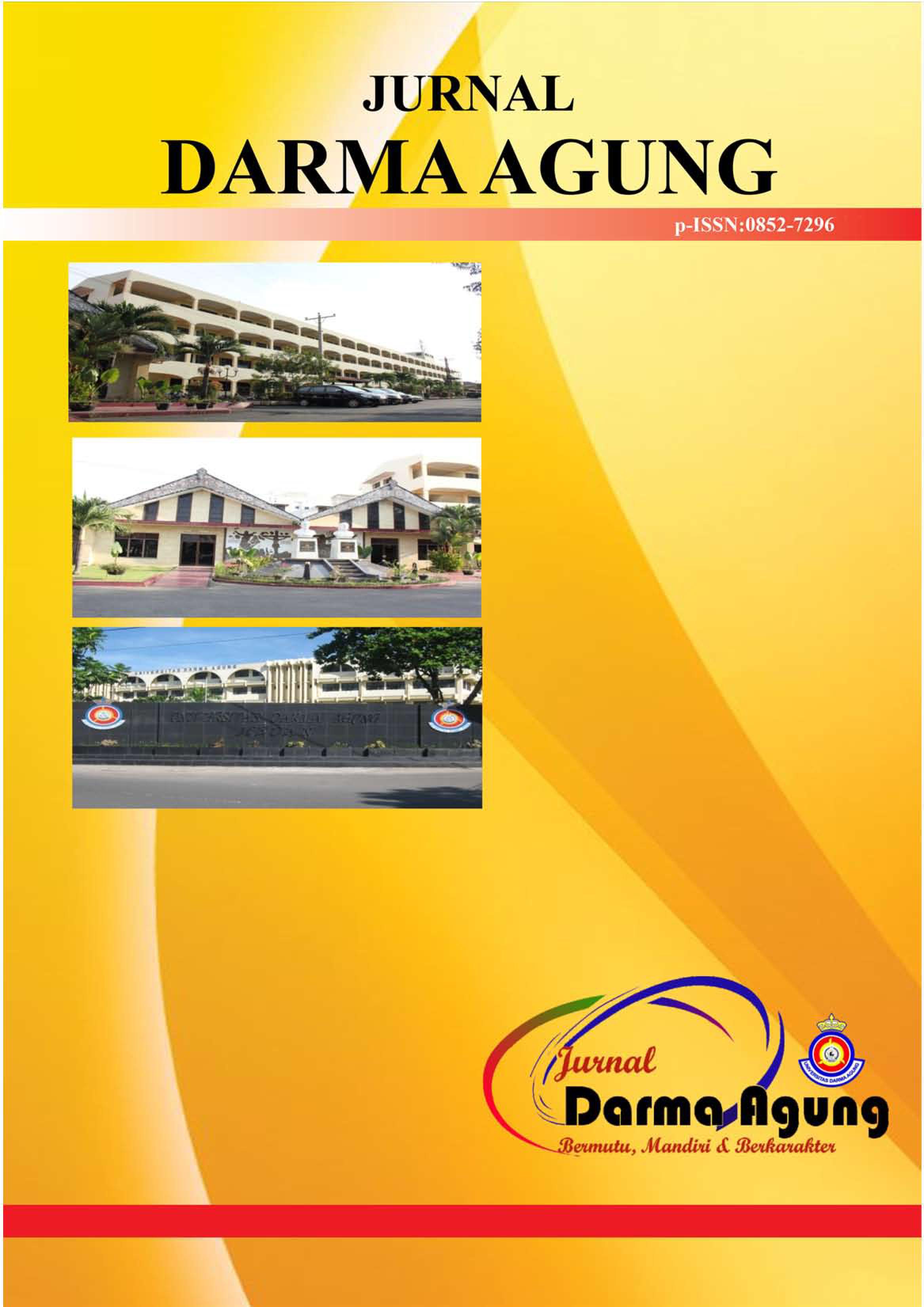TINJAUAN YURIDIS TINDAKAN GREENWASHING OLEH LEMBAGA PERBANKAN DI INDONESIA BERDASARKAN PRINSIP ESG DAN HUKUM NASIONAL
Abstract
The existence of various problems in the world has prompted changes in orientation in various business sectors, including banking. Currently, the banking sector is trying to echo the Sustainable Finance Concept and apply Environmental, Social, Government (ESG) Principles in every product and service. Unfortunately, in practice in the field, it was found that there were irregularities in its implementation carried out by banking institutions in the form of greenwashing practices. By using normative juridical methods, this research will use statutory approach and conceptual approach in explaining the phenomenon of greenwashing carried out by banking institutions. This research will use various legal materials, both primary, tertiary and secondary, to answer greenwashing practices carried out by banking institutions as well as law enforcement efforts that can be carried out by the government to eradicate greenwashing practices. Eradicating greenwashing practices is very important so that implementing the Sustainable Finance Concept and ESG Principles can have a real impact on the environment and solve problems that occur in the world.

This work is licensed under a Creative Commons Attribution-NonCommercial-NoDerivatives 4.0 International License.
An author who publishes in the Jurnal Darma Agung agrees to the following terms:
- Author retains the copyright and grants the journal the right of first publication of the work simultaneously licensed under the Creative Commons Attribution-ShareAlike 4.0 License that allows others to share the work with an acknowledgement of the work's authorship and initial publication in this journal
- Author is able to enter into separate, additional contractual arrangements for the non-exclusive distribution of the journal's published version of the work (e.g., post it to an institutional repository or publish it in a book) with the acknowledgement of its initial publication in this journal.
- Author is permitted and encouraged to post his/her work online (e.g., in institutional repositories or on their website) prior to and during the submission process, as it can lead to productive exchanges, as well as earlier and greater citation of the published work (See The Effect of Open Access).













